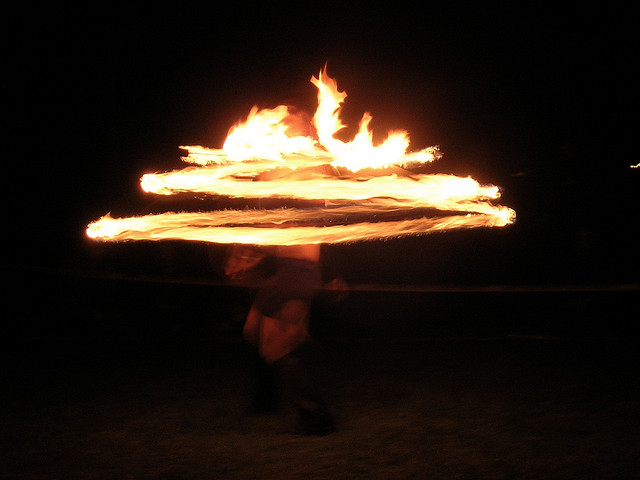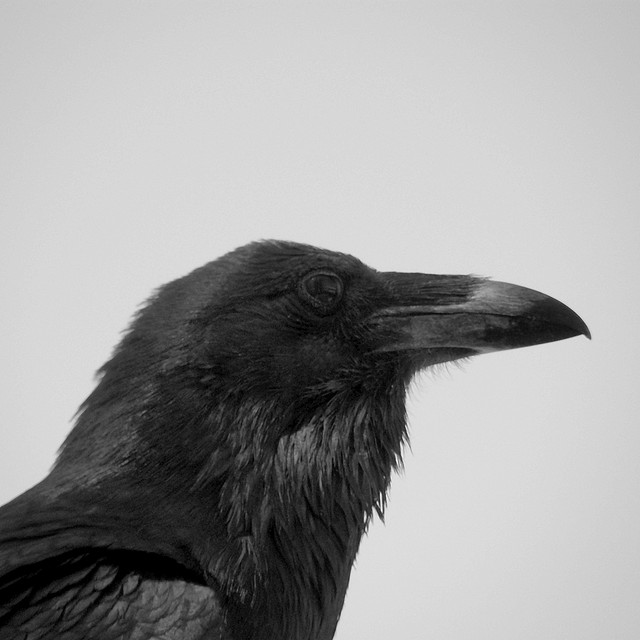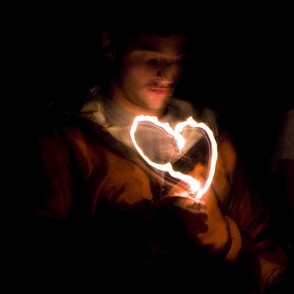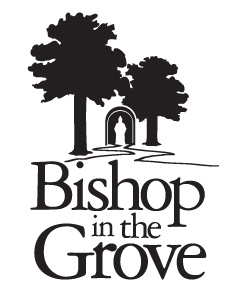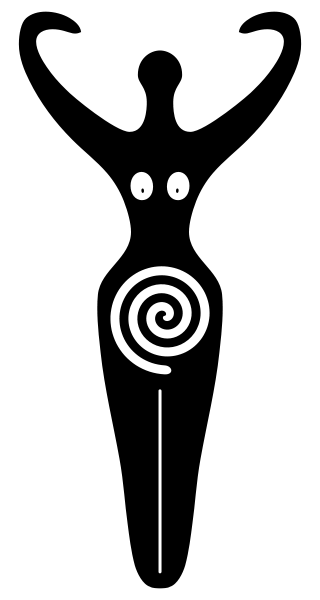Tag: Goddess
-

Is Hard Polytheism Incomplete?
I think that hard polytheism is incomplete. I think that there is an underlying unity in all things that hard polytheism — at least, the hard polytheism I see presented most often within my own tradition, ADF — does not take into account. This became clear to me when I began to read Saraswati Rain’s […]
-

How Do We Talk About the Workings of a Goddess?
How do we talk about the workings of a Goddess? Sometimes we don’t. Well, not at length anyway. This week I’ve been in the middle of intense songwriting work, all of it very rewarding. But as I wrote on my music blog, #allofthesongs, there are times when it is valuable not to speak about what […]
-

The Heart Is The Only Nation
I have met the Morrígan. I have stood in a circle, a shape unlike any circle I’ve stood in before, and beside my human kin, a spiritual kin sharing breath and space and smell and touch, I made contact with the Warrior inside myself. At this moment it feels as though I have never been […]
-

A Daily Practice Matters
This morning we slept in until 7:30. That may not seem incredibly early to some (it isn’t all that early for my husband and I), but it’s a vacation compared to the day of surgery and the first day of recovery. We woke to discover that my kid was experiencing some sharp pain, a common […]
-

Trans Is A Teacher For All Of Us
It snowed last night. First of the season. There wasn’t quite enough to break the branches like last year, but it was enough to remind us that the season of fall, as much as I’d prefer it last forever, is simply a transition. What we’re witnessing in the seasonal display of colors is the letting […]
-

On Converting a Christian to Paganism
I’m a convert to Paganism. I was born into a Christian tradition, and spent most of the first 25 years of my life identifying as a Christian. I’ve written of this before, but the subject keeps coming up for me. There’s something about how we arrive at our tradition that seems worth reflecting on, especially […]
-
Holy Crap… I think I may be a Wiccan
So I’m talking with one my best girlfriends this morning, pacing around her kitchen as she cooks up some kale, and I’m telling her the story of me being told by a women that, “Women, by nature, understand the Goddess better than men,” or that, “There’s just something about women that makes it easier for […]
-

In A Goddess Centered Universe, What’s A Man To Do?
The Divine Feminine, it seems, is making a comeback. This is what three out of the five panelists told the crowd at a recent symposium I attended. The Divine Feminine is initiating a change in the world, they assured us, and She is bringing to bear a time when the spiritual voice of women will […]
-

More On Christian-Pagan Relations
Pagans hate generalizations made about Pagans (he writes with a smirk). That’s one generalization I feel confident in making. In my last post I made some bold statements about the unwillingness of Pagans to accept the existence of the Christian god, knowing full well that those statements were not completely accurate (or, perhaps even close […]
-
I Think I Saw A Goddess
In front of me stood a large tree, next to which was a stone well (not unlike the one I’d seen at the holy site in County Kildare). Between these two sat a third.

